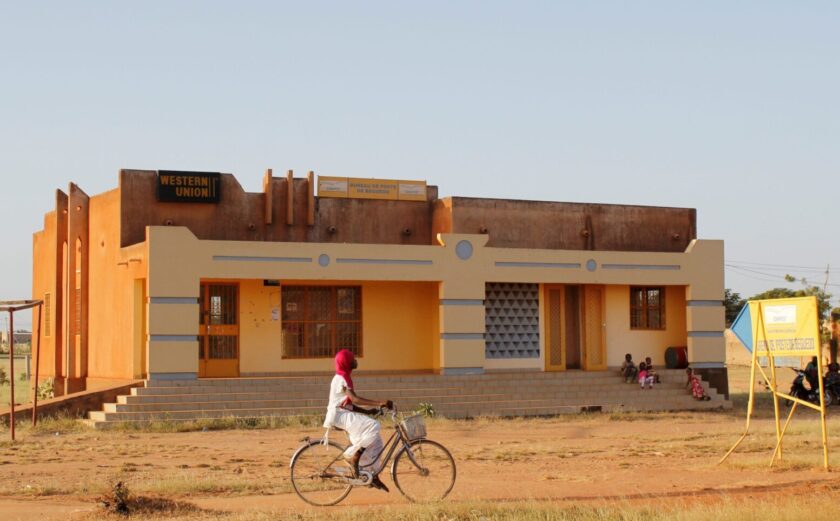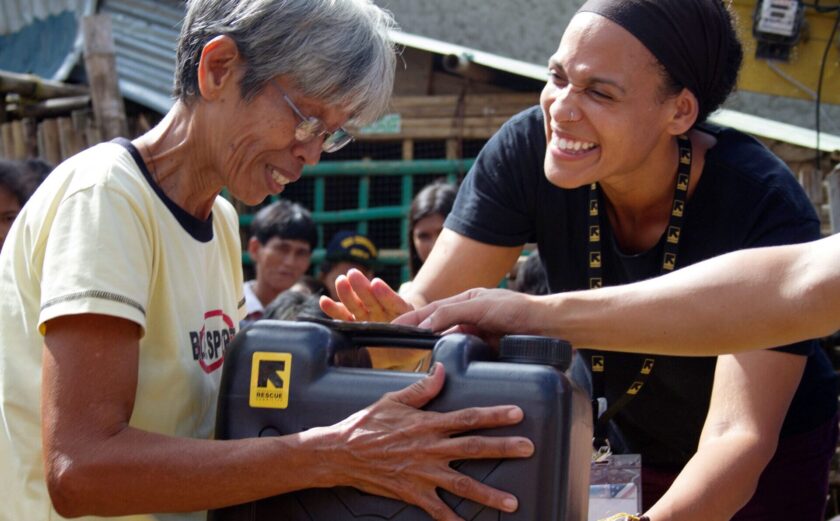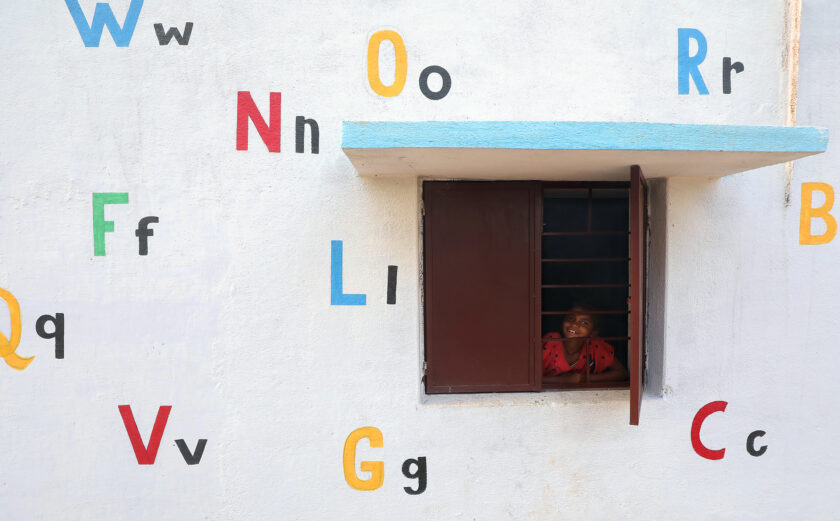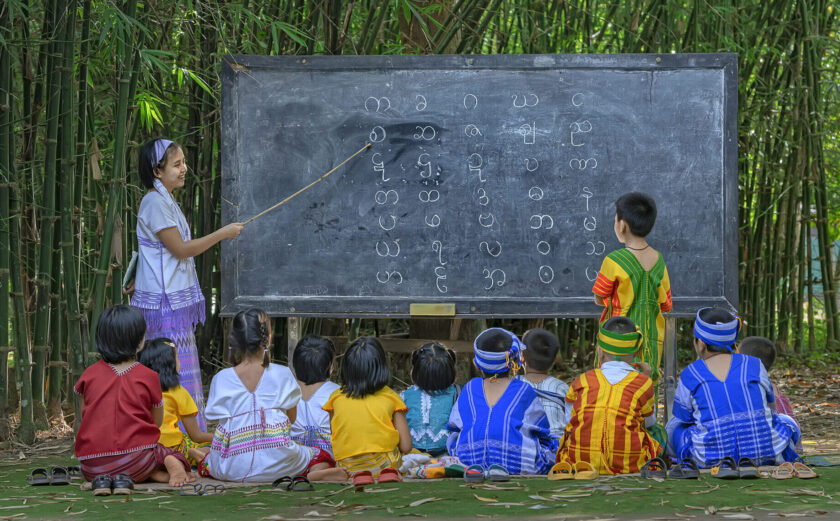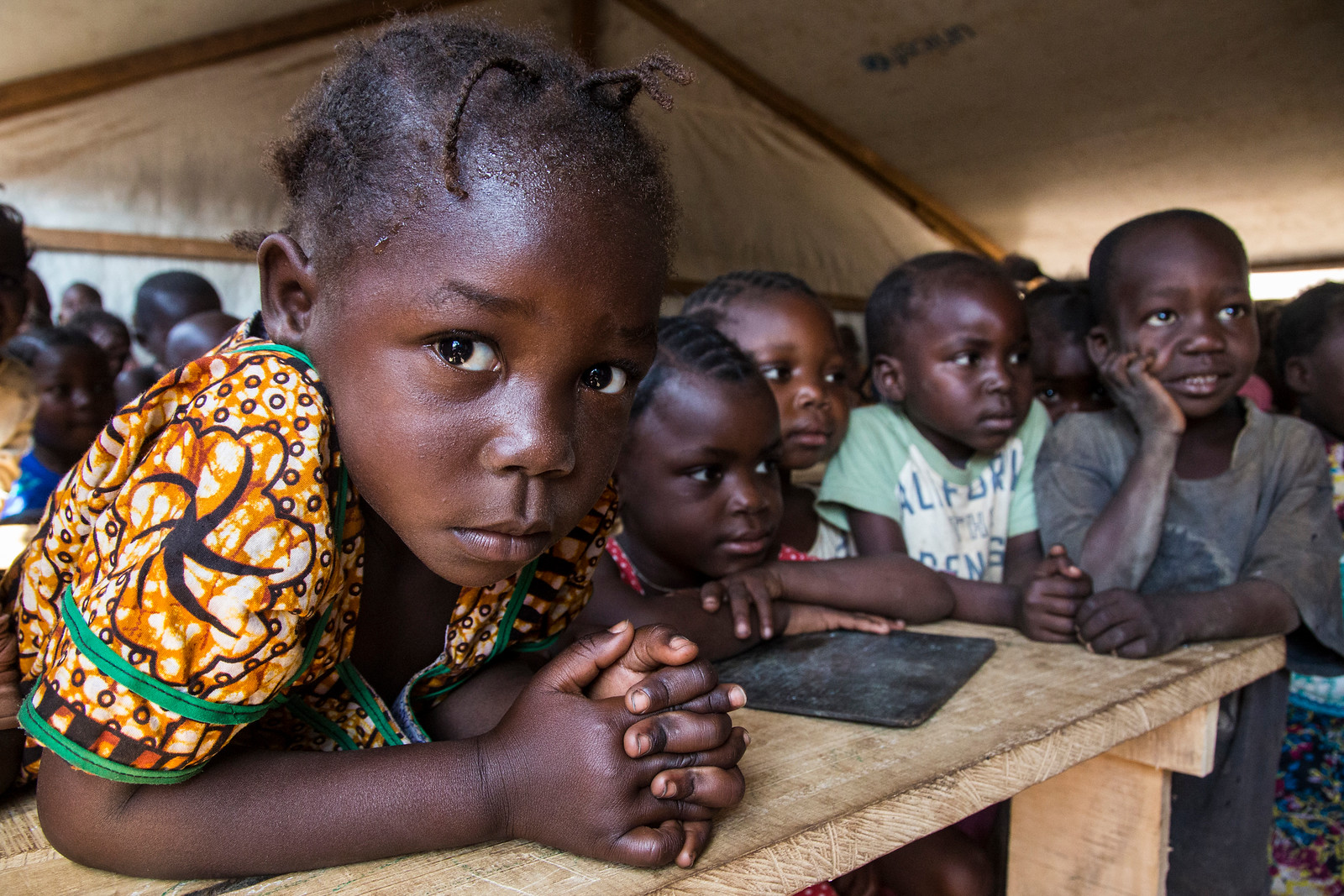
Faith and Child Safeguarding
Leadership for Institutional and Grassroots Implementation
Safeguarding children and vulnerable adults from abuse and exploitation is a priority for all humanitarian and development organizations. It is of paramount importance that the children who interact with our organizations can do so in a way that is safe and honors their inherent dignity as human beings.
On December 6, InterAction’s From Pledge to Action Project and Children and Youth Initiative co-hosted an event with Episcopal Relief & Development titled, Faith and Child Safeguarding: Leadership for Institutional and Grassroots Implementation. The event focused on how organizations can engage community-level faith actors in advancing child safeguarding initiatives. It began with remarks from InterAction CEO Sam Worthington and Episcopal Relief & Development CEO and President Robert Radtke. The panel was moderated by Chiseche Mibenge, Director for Gender Initiatives at Episcopal Relief & Development. The panelists were Abiy Seifu, Senior Program Officer of Episcopal Relief & Development; Archbishop Albert Chama of the Church of the Province of Central Africa; and Felicia Sakala, Country Director of the Zambian Anglican Council Outreach Programme (ZACOP). The panel was followed by an interactive Q&A session.
Here are the key takeaways from the discussion:
1. Child safeguarding is embedded in faith principles.
“For us, children are a gift from God. If they are a gift from God, we don’t abuse that gift—they are to be protected and loved…so as a church, when we put our safeguarding policy in place, it aligns with what we are teaching already.” – Archbishop Albert Chama
Protecting children is inherent to faith principles. When partnering with faith institutions, humanitarian and development organizations should clearly articulate the link between faith principles that underline the importance of child safeguarding initiatives that protect the most vulnerable among us. For more examples of how this is done in various faith-based organizations, you can read InterAction’s case study on safeguarding in faith-based organizations here.
2. Faith leaders expand beyond our traditional definitions.
When we think of faith leaders, we often think of those embedded in formal structures such as bishops, imams, and rabbis. However, there are other leaders—both individuals and groups—within the faith community that can be instrumental in moving child safeguarding forward. Felicia Sakala, for example, spoke about the key role that the Anglican Mother’s Union plays in ensuring child safeguarding is a priority for the Anglican Church:
“Apart from the clergy, we have other structures such as the Anglican Mother’s Union; they are centered on family life—marriage and the protection of children. So, when we are talking about advocates, they are well placed to advocate for issues of safeguarding in children.”
Similarly, boys’ and girls’ brigades within the church are taking an active role in educating themselves and their peers on how to recognize and report signs of abuse. Expanding our definition of “faith-leader” gives us more entry points into the community.
3. A self-reflection and discovery process is effective in advancing child safeguarding initiatives.
Episcopal Relief & Development uses an approach of self-reflection and discovery with faith-leaders to help them recognize the importance of child safeguarding. Beginning with questions about their youth, life, and experiences, Episcopal Relief & Development helps the leaders reveal and reflect on the connections between poverty, child protection, and violence against women and girls. After this reflection process, faith-leaders are empowered to take ownership over child safeguarding policies and initiatives and can lead the rollout on their own.
“We [Episcopal Relief & Development] accompany faith leaders in the process of self-reflection and discovery—how did you grow up as a child? How did you become to be a faith leader? With these reflection stages, a faith leader comes to an aha moment where they really understand and give significance to the importance of child safeguarding.” – Abiy Seifu, Senior Program Officer at Episcopal Relief & Development
Protecting children and vulnerable adults from sexual exploitation, abuse, and harassment requires sustained focus, commitment, and collaboration. Events such as these play a key role in encouraging continued transparency and shared learning within the sector.
If you have any questions about the event, please contact Kirsten Mullin or Caitlin St. Amour.
You can watch the full event below:
